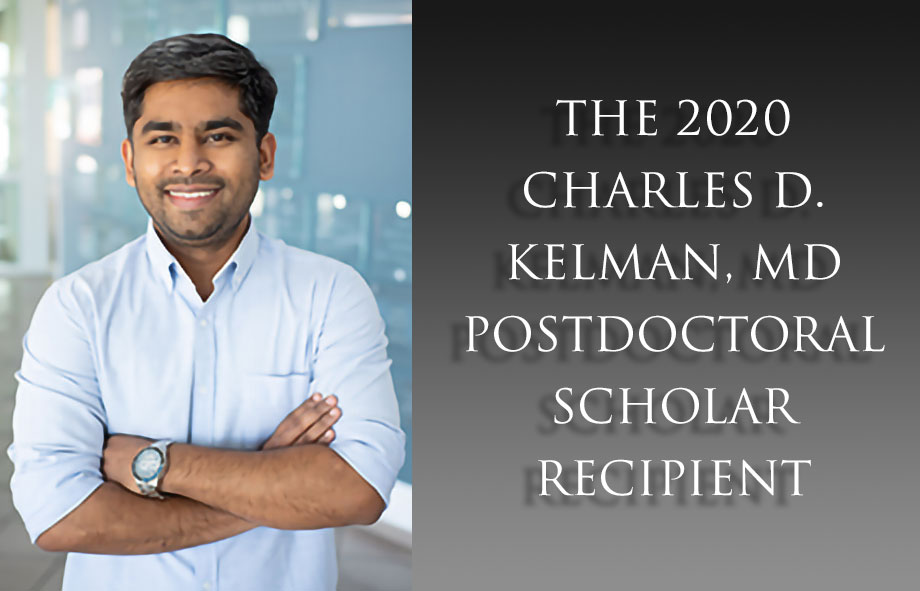
University of California San Francisco
Department of Ophthalmology
San Francisco
PROJECT TITLE: Quality control of photoreceptor outer segment proteome
Dr. Shinde received his Masters degree in Biotechnology from University of Mumbai, India. He then completed his PhD at the Centre for DNA Fingerprinting and Diagnostics, Hyderabad, India under the supervision of Maddika Subba Reddy, PhD, where his dissertation focused on characterization of the functional role of tumor suppressor phosphatase PTEN (phosphatase and tensin homolog deleted on chromosome 10) in endosomal trafficking pathways. Swapnil is interested in dissecting the molecular players regulating the ciliary ectocytosis.
Currently, Dr. Shinde is a PhD Fellow in The Nachury Lab at UCSF and is mentored by Maxence Nachury, PhD, Associate Professor in the Department of Ophthalmology. Dr. Nachury says of Dr. Shinde, “Dr. Shinde impressed me as a candidate because of his proven independence and track record of productivity. In 12 years of existence, my lab has hosted postdoctoral fellows who trained in world-class groups. Since Swapnil joined my research group, I have been thoroughly impressed with his resourcefulness, work ethics and insatiable curiosity.”
As the IRRF Charles D. Kelman, MD Postdoctoral Scholar, Dr. Shinde will concentrate on Bardet-Biedl syndrome (BBS), an autosomal recessive disorder with cardinal symptoms of retinal degeneration, obesity, renal anomalies and polydactyly that can be caused by mutations in any of 22 different genes. BBS is the second most common syndromic retinal degeneration syndrome behind Usher syndrome, yet the underlying cause of retinal degeneration in BBS patients remains poorly understood. By investigating how the BBSome removes proteins from cilia, Dr. Shinde hopes to gain actionable insights into the pathomechanisms of retinal degeneration of BBS and move therapeutic strategies beyond the current status quo of palliative care.
Prior to being selected as the Kelman Scholar, Dr. Shinde was the second finalist for the ‘Inspiring Science Award’ in 2019 for his paper, PTEN Regulates Glucose Transporter Recycling by Impairing SNX27 Retromer Assembly.
